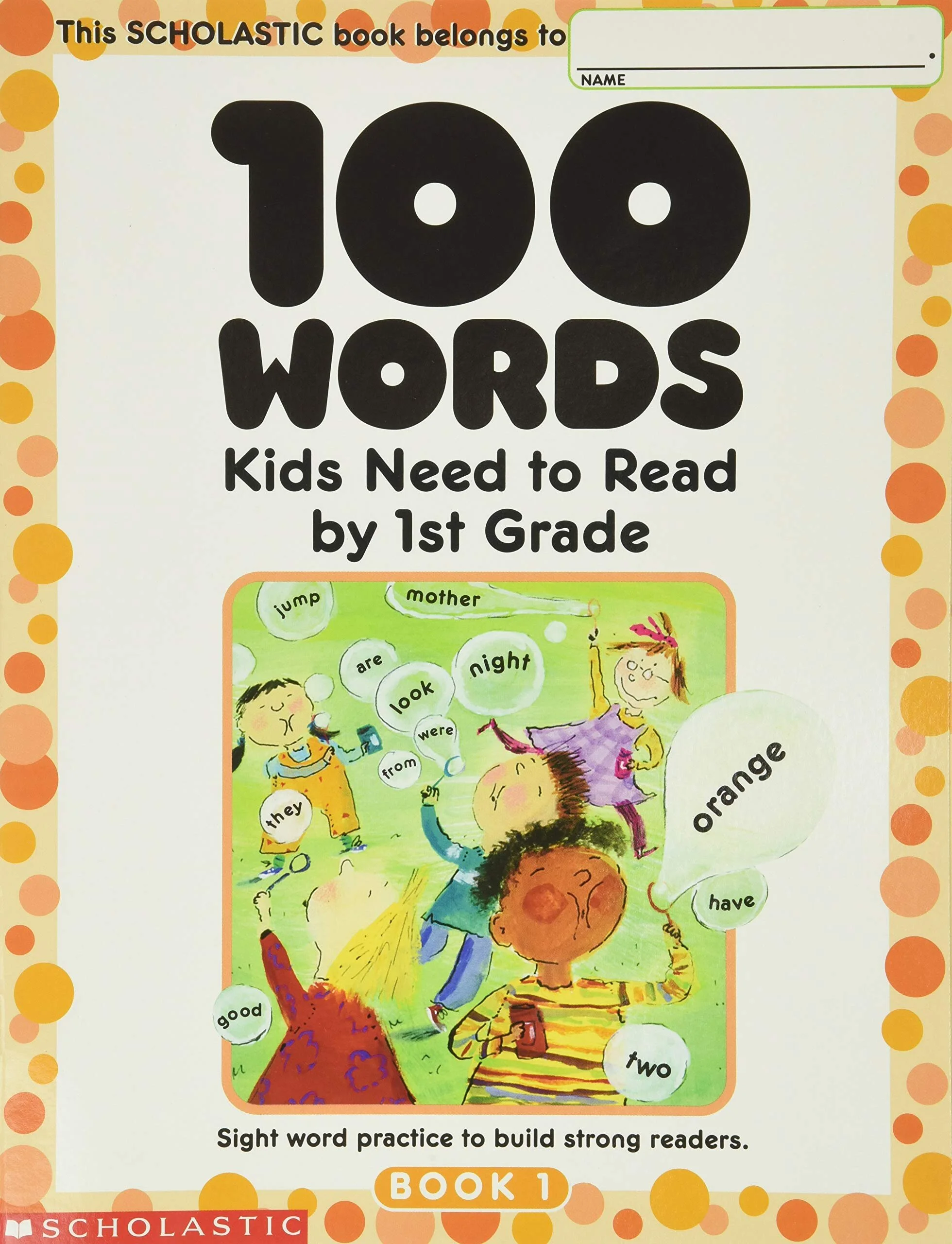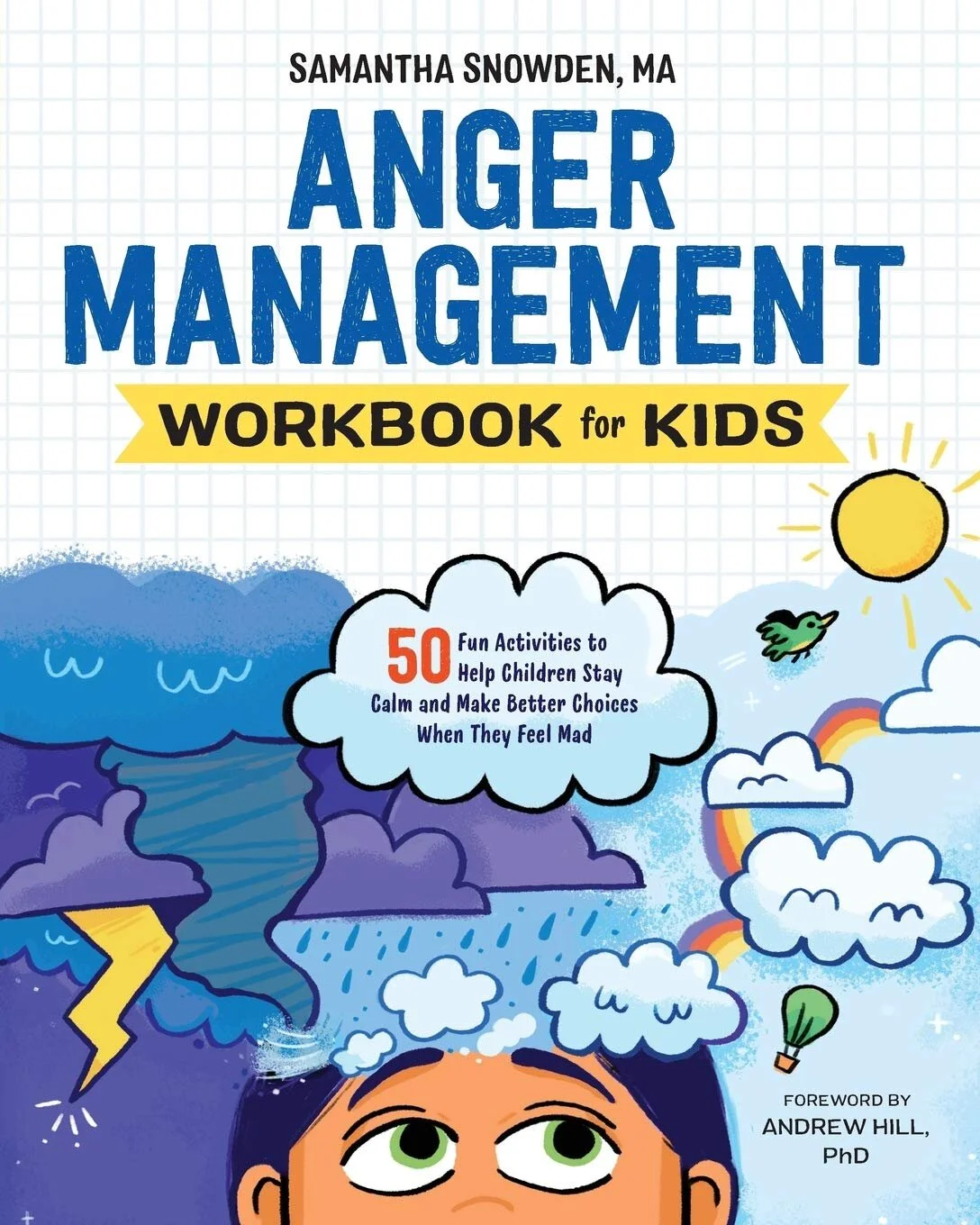Knowing how to use words is necessary to communicate with the people around us. Even as adults, choosing words that accurately describe feelings can be challenging. So we can ’ing. So, we can imagine how difficult it must be for children to know which words to use to convey what they want or feel. To help get things started, we’ve compiled a list of parenting tips that can help you and your child overcome the language barrier, which is words.
Teaching your child to use their words. 4 parenting tips.
1. Expand their vocabulary.
On index cards, write down a different word related to feelings. For example, you can write happy, sad, confused, frustrated, etc., on one side of the card. On the backside, write down the definition. Getting your child to learn and understand the meanings of these words will help them express themselves down the road.
2. Speak to them.
Speak to your child about your feelings, and ask them to do the same. Children will often motion for what they want without saying a word. If you notice your child doing this, calmly ask them to use words to tell you what they want. By not entirely accepting their gestures or grunts, your child will learn to be clear and use words to communicate with you.
3. Do writing exercises.
Encourage your child to write down their feelings. Whether good or bad, give them the freedom to write down their feelings without judgment. At the end, you can ask them to elaborate on their feelings or thank them for being so transparent in expressing themselves — whichever is fitting. To build the practice, you can add journaling to their chore list and reward their accomplishments with prizes they select from a universal wish list such as Wishfinity.
4. Read.
Read books with your children, and then ask them to describe the characters' feelings. For example, if you’re reading "The Little Mermaid," you can pause throughout the story and ask, "How does Ariel feel?" Your child might say, "She's tired from “She's scared because she's not in the water," and that's okay. There is no correct answer. The goal is to get your child to use words to express their feelings and recognize the feelings of others.



